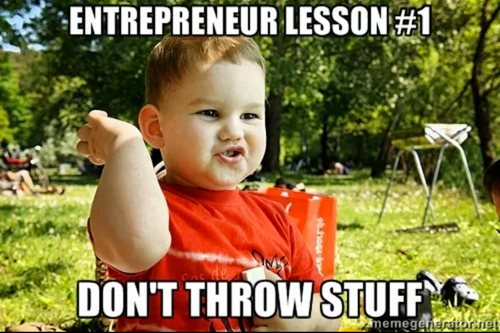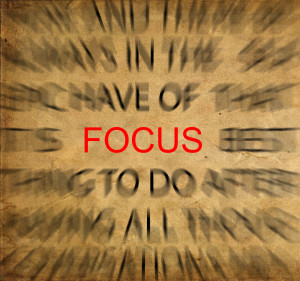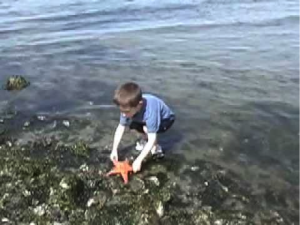Thank you. 2015 was a great year for me and for my business. It was also challenging.
For reference, in 2015 I effectively:
- Launched a podcast
- Resigned from a senior management job.
- Moved around the same time as my professional exit.
- Started a Digital Marketing agency without any funding.
- Turned down a six-figure job offer.
- Grew the business above my salary (within 2 months) and grew the team to over 10 people.
The support has been amazing – prospects began reaching out immediately. I couldn’t be more excited about 2016, and so much of it is due to the outstanding people in my network, who have been supportive fans, generous mentors, incredible podcast guests, and blessed referrers.
If you are reading this, then I’d love to know what you’re up to. If there’s a way I can help, please connect!
Spiral Marketing would have never made it off the ground if it weren’t for you, so my goal here is to give back with eight insights that I’ve gleaned from my podcast interviews and hands-on experience with clients.
Here we go:
- Community is the secret to success.
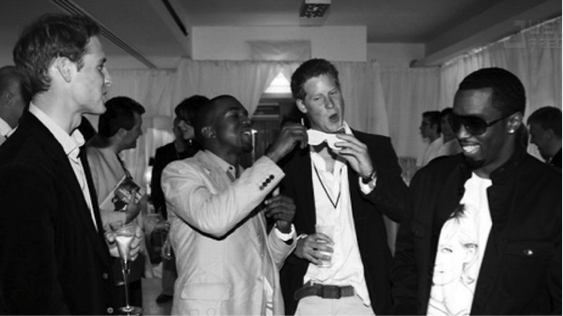
Leverage is a force-multiplier, in physics and in business. And one way to create leverage is by participating in and growing the right kind of community.
One of the many books I’ve read since I started podcasting was Tribes by Seth Godin. Godin focuses on how we should step up and create communities around ideas as leaders.
“The secret of leadership is simple: do what you believe in. Paint a picture of the future. Go there. People will follow.” ― Seth Godin, Tribes: We Need You to Lead Us
Creating communities is great. But consider Pareto’s Law, which states that 20% of inputs are responsible for 80% of results. When you engage with a community that is consistently getting results, they’re part of that 20%. And by helping them, you can also learn how to get further in your field. As Jim Rohn once said: “you are the average of the five people you spend the most time with.”
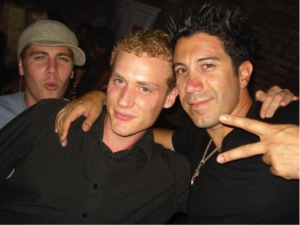
I lived in Los Angeles for half of my 20s, running a consultancy by day and probably having a little too much fun at night (nothing too scandalous). Looking back, I know that, if I had focused more time building relationships in the right communities of entrepreneurs and business leaders, I would have accomplished more. Now I did form some valuable relationships with great Angelinos, including a number of excellent business leaders. But there was an opportunity cost to not doing more of that. As I realize now, it’s so important to align your goals, time, and passions with the right community as much as you can.
- Get mentors right now, wherever you are.
It’s so easy to lose perspective and focus in business. Often, businesses fail because leaders have made major mistakes or simply lost steam. Both can be prevented by a good coach or mentor.
John Lee Dumas, the host of EOFire (“Entrepreneur on Fire”) and my podcast guest for Episode 6, has built an amazing community around his podcast and member groups, generating over 60,000 downloads and bringing in $200,000 per month. His recent kickstarter campaign for the Freedom Journal book has already garnered over $230k (yes, for a book). One of the things that he credits his success to is the hiring of coach Jaime Tardy.
My very first podcast guest (Episode 2), executive coach Steve Gladis, has taught me the value of having a mentor – you might say he’s an authority on the value of coaching. What could you accomplish with expert guidance? This pursuit alone is worth the effort. Trust me.
- Chart your growth.
Here’s something I’ve noticed over the years: companies that set goals and then measure those key performance indicators tend to grow the fastest.
Podcast Guest Ryan Holiday, best-selling author of Growth Hacker Marketing: A Primer on the Future of PR, Marketing and Advertising, details how some of the great Silicon Valley tech startups have grown by using innovative techniques like the Lean Startup Method, whereby businesses rigorously test and measure their activities to hit huge growth targets.
But how? Start with a long view and work backwards. What do you want to achieve over the next 10 years? How about 5 years? And this year? Record the initiatives that are needed to accomplish those goals and the key performance indicators that will measure your success or lack thereof. Lastly, provide a timetable of what needs to happen. It requires some serious thought, to be sure. However, with a solid roadmap, you can steer your organization in the right direction.
- Find more focus.
Another book I read last year was Essentialism: The Disciplined Pursuit of Less. Author Greg McKeown wrote that “when we have increased options and opportunities, it leads to diffused efforts.” He goes on to say, “we become distracted from what would be our highest level of contribution.” We all have the same 24 hours in a day. What you do with them is your decision, so choose wisely.
- Let your idea propel you.
Everyone has ideas and dreams, but many of us put them off indefinitely. As humans, we’re very good at making excuses. So how do we realize more of our ambitions?
There are a lot of tips out there for making better use of our time: wake up early, find an accountability partner, set a 20-minute timer. Those are all good. But here’s what helps me the most: let the idea be bigger than you and your wants. Once you accept that and let that commitment carry you, then you will get it done.
Pat Flynn is the author of the incredibly popular Smart Passive Income Blog and one of the best known tutorials for starting a podcast, in which he writes: “The one thing you must do before you start podcast:…commit.”
- Explore your bravery.
During Dumas’ show, EOFire, he asks his guests what’s holding them back as an entrepreneur. For so many of his accomplished guests, the response is “fear.” It makes sense. It’s hard to take that leap. But ask yourself, “what is the worst thing that could happen?”
Usually the consequences of business decisions aren’t that bad, and even consequences tend to yield great lessons. When I launched the podcast, I could have ruined my reputation – what if the show was terrible? Even if that had of been the case, I would bounce back. People would forget. Everything would be fine. Instead, I was able to grow a business faster than I would have without it and I’ve gotten to meet many amazing people.
- Challenge your perspective.
You don’t know what you don’t know. It’s sounds so basic, but it’s true. That’s why it’s so crucial to be open to other people’s experiences and opinions.
Whether it’s a board of directors, an accountability partner, a mastermind group, or a support forum, find a good sounding board for your ideas.
- Tell a good (visual) story.
We all learn differently. Some people learn best by hearing, others seeing, and others still by doing. When we hear stories, we re-enact the events and emotions, which provides a deeper understanding.
Stories have a unique ability to help us relate with a given topic and process information. If you’re a content marketer, you need to be a good storyteller. Give examples. Help your audience develop an emotional attachment to your product or service.
Of course, images are an integral part of a storytelling. The old maxim that a picture is worth a thousand words is more true in the digital age than ever before. Figure out ways you can package information into compelling visuals.
Adding images helps us track and gives more reference points for the story, it also makes it more fun to scan and decide if the content is worth more of your time.
(Photo found on http://webjunkiesblog.blogspot.com/2013/05/a-boy-throwing-starfish-into-breaking_27.html)
The below story was first told to me by Steve Gladis on our Podcast Episode 2.
While walking on the beach one morning, a man saw a young boy running back and forth on the beach, throwing starfish into the ocean. He asked the boy, “Why are you throwing starfish into the ocean?” The boy replied, ”The sun is up, the tide is going out, and the starfish will die on the beach.”
The man responded, ”There are thousands of starfish on the beach. You can’t possibly make a difference.” The boy picked up another starfish and threw it into the ocean and said, “I made a difference for that one.”
I hope this post makes a difference for you.
